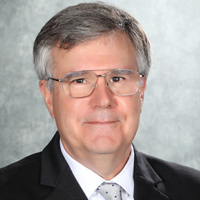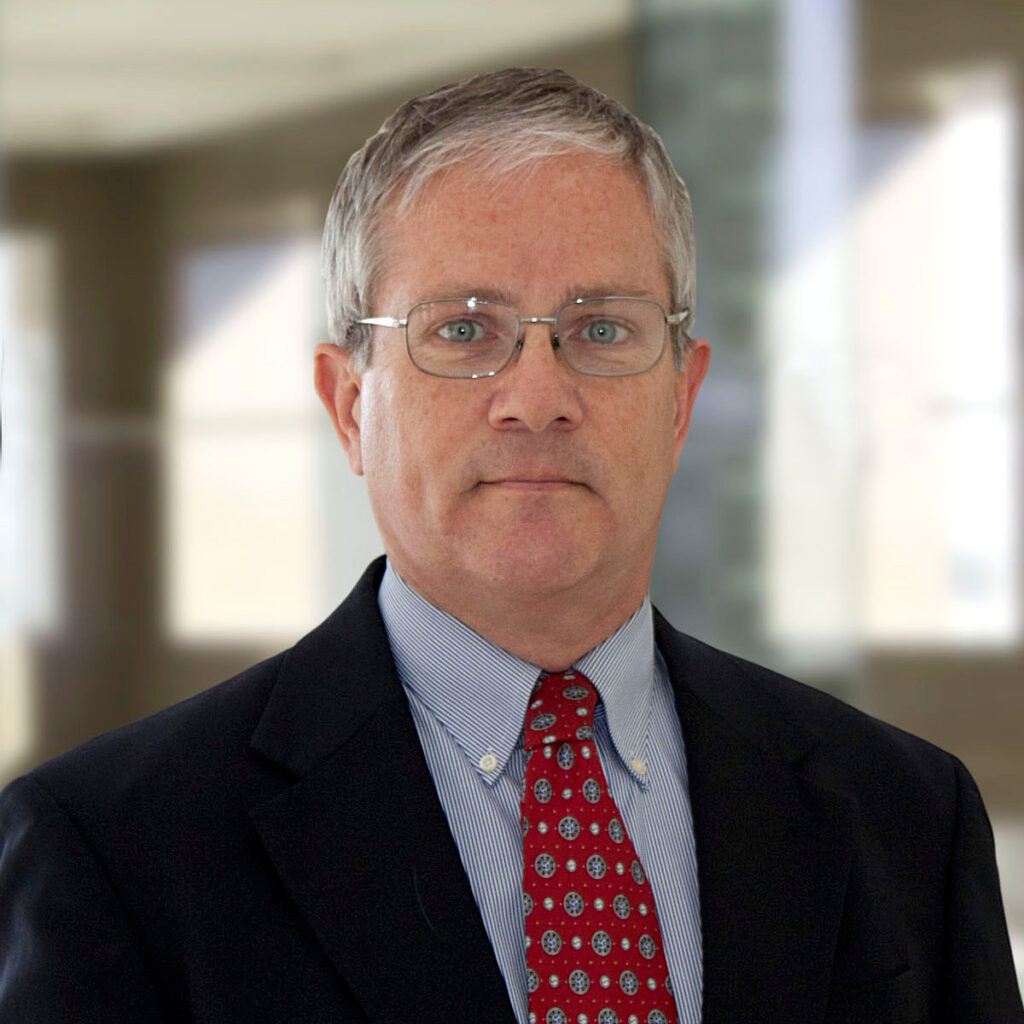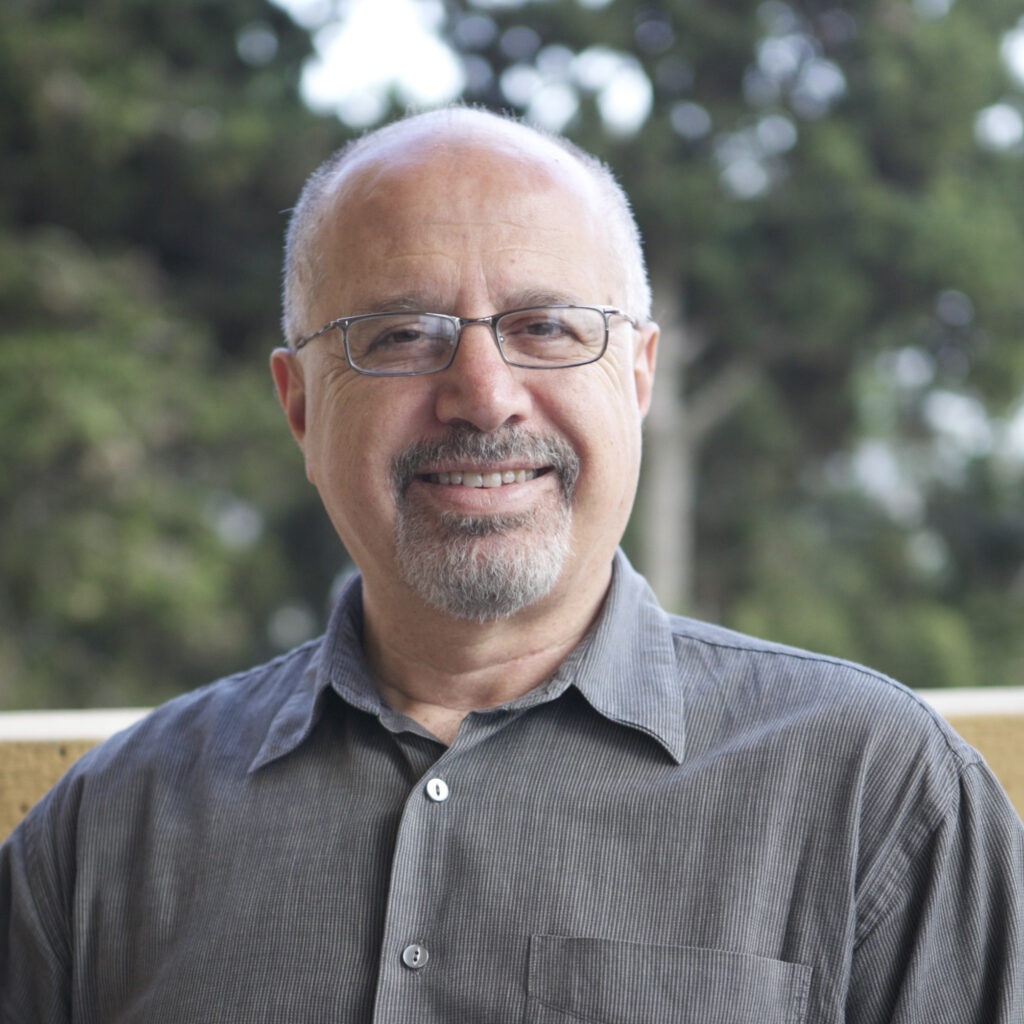A new collaboration between China, Iran, Saudi Arabia, and Russia has emerged, confronting the US and the global community. What does such a collaboration actually mean for US foreign policy, competition with China, relationship with Saudi Arabia, and long-time challenging issues with Iran? What does this mean for democracy in the US and elsewhere? There are many questions, and it might be too early to determine the nature of this collaboration, but our expert team will get us thinking.
Speakers:
 F. Gregory Gause, III, joined the Bush School in 2014 as the head of the Department of International Affairs, serving until 2022 in that capacity, and holds the John H. Lindsey ’44 Chair. He was previously at the University of Vermont, where he was professor of political science from 1995 to 2014 and, from 2010 to 2013, chair of its Department of Political Science. He served as director of the University’s Middle East Studies Program from 1998 to 2008. He was a Non-Resident Senior Fellow at the Brookings Doha Center from 2012-2015. Dr. Gause received his PhD in political science from Harvard University (1987) and studied Arabic at the American University in Cairo (1982-83) and at Middlebury College (1984). Dr. Gause’s research focuses on the international politics of the Middle East, with a particular interest in the Arabian Peninsula and the Persian Gulf. He has published three books, the most recent of which is The International Relations of the Persian Gulf (Cambridge University Press, 2010). His articles have appeared in Foreign Affairs, Foreign Policy, Security Studies, Middle East Journal, and The National Interest, as well as in other journals and edited volumes. He has testified on Persian Gulf issues before the Committee on International Relations of the US House of Representatives and the US Senate Foreign Relations Committee.
F. Gregory Gause, III, joined the Bush School in 2014 as the head of the Department of International Affairs, serving until 2022 in that capacity, and holds the John H. Lindsey ’44 Chair. He was previously at the University of Vermont, where he was professor of political science from 1995 to 2014 and, from 2010 to 2013, chair of its Department of Political Science. He served as director of the University’s Middle East Studies Program from 1998 to 2008. He was a Non-Resident Senior Fellow at the Brookings Doha Center from 2012-2015. Dr. Gause received his PhD in political science from Harvard University (1987) and studied Arabic at the American University in Cairo (1982-83) and at Middlebury College (1984). Dr. Gause’s research focuses on the international politics of the Middle East, with a particular interest in the Arabian Peninsula and the Persian Gulf. He has published three books, the most recent of which is The International Relations of the Persian Gulf (Cambridge University Press, 2010). His articles have appeared in Foreign Affairs, Foreign Policy, Security Studies, Middle East Journal, and The National Interest, as well as in other journals and edited volumes. He has testified on Persian Gulf issues before the Committee on International Relations of the US House of Representatives and the US Senate Foreign Relations Committee.
 Andrew Scobell is the Distinguished Fellow for China at the United States Institute of Peace and Adjunct Professor in the Edmund A. Walsh School of Foreign Service at Georgetown University. Prior to joining USIP, he spent eleven years as Senior Political Scientist at the RAND Corporation. During 2021 he held the Donald Bren Chair in Non-Western Strategic Thought in the Krulak Center for Innovation and Future Warfare at Marine Corps University. Earlier he served on the faculty of Texas A&M University (2007-2010) and at the U.S. Army War College (1999-2007). Scobell’s publications include: Crossroads of Competition: China, Russia and the United States in the Middle East (RAND 2022); China-Russia Cooperation: Determining Factors, Future Trajectories, Implications for the United States (RAND 2021); China in the Middle East: The Wary Dragon (RAND 2016). Scobell earned a doctorate in Political Science from Columbia University. He was born and raised in Hong Kong.
Andrew Scobell is the Distinguished Fellow for China at the United States Institute of Peace and Adjunct Professor in the Edmund A. Walsh School of Foreign Service at Georgetown University. Prior to joining USIP, he spent eleven years as Senior Political Scientist at the RAND Corporation. During 2021 he held the Donald Bren Chair in Non-Western Strategic Thought in the Krulak Center for Innovation and Future Warfare at Marine Corps University. Earlier he served on the faculty of Texas A&M University (2007-2010) and at the U.S. Army War College (1999-2007). Scobell’s publications include: Crossroads of Competition: China, Russia and the United States in the Middle East (RAND 2022); China-Russia Cooperation: Determining Factors, Future Trajectories, Implications for the United States (RAND 2021); China in the Middle East: The Wary Dragon (RAND 2016). Scobell earned a doctorate in Political Science from Columbia University. He was born and raised in Hong Kong.
 Shibley Telhami is the Anwar Sadat Professor for Peace and Development, Distinguished Scholar-Teacher, and the Director of the University of Maryland Critical Issues Poll. He is also Nonresident Senior Fellow at the Brookings Institution. Before coming to the University of Maryland, he taught at several universities, including Cornell University, the Ohio State University, the University of Southern California, Princeton University, Columbia University, Swarthmore College, and the University of California at Berkeley, where he received his doctorate in political science. He has also been active in the foreign policy arena. He has advised every U.S. administration from George H.W. Bush to Barack Obama. He is the author and editor of numerous books. His best-selling book, The Stakes: America and the Middle East, was selected by Foreign Affairs as one of the top five books on the Middle East in 2003. His most recent book is a co-edited with contributions volume, The One State Reality: What is Israel/Palestine? which was published in March 2023 with Cornell University Press. He has one forthcoming books: Peace Derailed: Obama, Trump, Biden, and the Decline of Diplomacy on Israel/Palestine, 2011-2022 (co-authored). Telhami was selected by the Carnegie Corporation of New York along with the New York Times as one of the “Great Immigrants” for 2013. In 2022, he was listed by the Washingtonian Magazine as one of the “Most Influential People on Foreign Affairs.” He is also a recipient of the University of Maryland’s Honors College Outstanding Faculty Award, The University of Maryland Distinguished Service Award, and the University of Maryland Distinguished Scholar-Teacher Award.
Shibley Telhami is the Anwar Sadat Professor for Peace and Development, Distinguished Scholar-Teacher, and the Director of the University of Maryland Critical Issues Poll. He is also Nonresident Senior Fellow at the Brookings Institution. Before coming to the University of Maryland, he taught at several universities, including Cornell University, the Ohio State University, the University of Southern California, Princeton University, Columbia University, Swarthmore College, and the University of California at Berkeley, where he received his doctorate in political science. He has also been active in the foreign policy arena. He has advised every U.S. administration from George H.W. Bush to Barack Obama. He is the author and editor of numerous books. His best-selling book, The Stakes: America and the Middle East, was selected by Foreign Affairs as one of the top five books on the Middle East in 2003. His most recent book is a co-edited with contributions volume, The One State Reality: What is Israel/Palestine? which was published in March 2023 with Cornell University Press. He has one forthcoming books: Peace Derailed: Obama, Trump, Biden, and the Decline of Diplomacy on Israel/Palestine, 2011-2022 (co-authored). Telhami was selected by the Carnegie Corporation of New York along with the New York Times as one of the “Great Immigrants” for 2013. In 2022, he was listed by the Washingtonian Magazine as one of the “Most Influential People on Foreign Affairs.” He is also a recipient of the University of Maryland’s Honors College Outstanding Faculty Award, The University of Maryland Distinguished Service Award, and the University of Maryland Distinguished Scholar-Teacher Award.
 Gideon Rose, the moderator, is the Mary and David Boies Distinguished Fellow in U.S. Foreign Policy at the Council on Foreign Relations. He was previously Editor of Foreign Affairs from 2010 to 2021. He served as Associate Director for Near East and South Asian Affairs on the staff of the National Security Council from 1994 to 1995 under the Clinton Administration. His most recent articles in Foreign Affairs are “Why the War in Ukraine Won’t Go Nuclear”, and “The Irony of Ukraine.”
Gideon Rose, the moderator, is the Mary and David Boies Distinguished Fellow in U.S. Foreign Policy at the Council on Foreign Relations. He was previously Editor of Foreign Affairs from 2010 to 2021. He served as Associate Director for Near East and South Asian Affairs on the staff of the National Security Council from 1994 to 1995 under the Clinton Administration. His most recent articles in Foreign Affairs are “Why the War in Ukraine Won’t Go Nuclear”, and “The Irony of Ukraine.”





